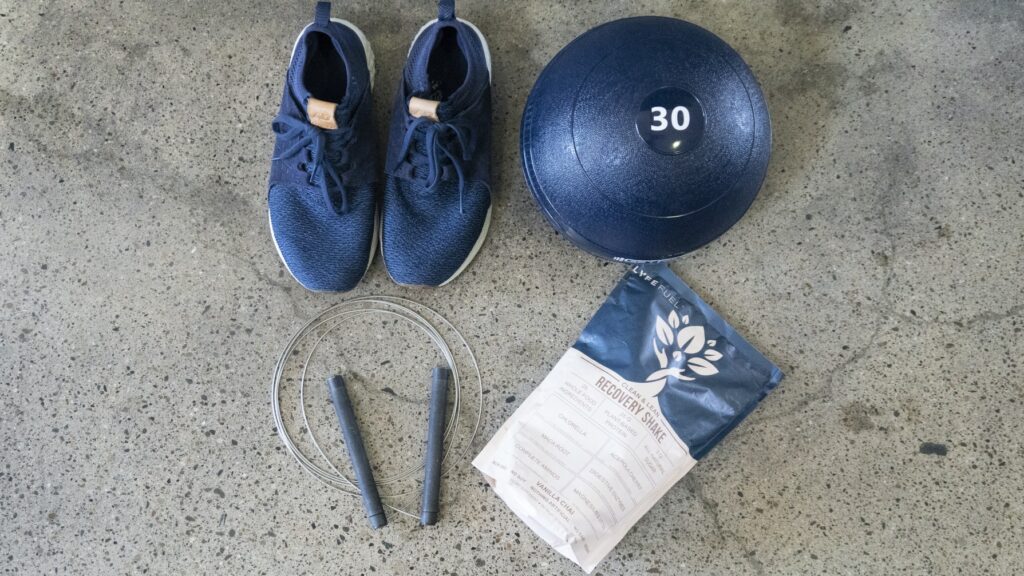
Sports & Nutrition
Nutrition is the most important need of our body to work in a proper manner. It makes our body what it is. It is an important trigger for endocrine system which directs growth and regulation in the body. It controls metabolism which converts the food we eat to the energy which is essential for sustaining life. It is extremely important to maintain a healthy nutrition routine to keep all the organ systems working and keeping deficiency diseases at bay.
Nutritional needs differ on the grounds of age, gender, body type, level of activity, geographical surroundings, and also sometimes on the basis of racial lines. Balanced nutrition is a very basic requirement for everyone to live a healthy, disease free life but it becomes quintessential for few career choices.
Professional sports persons are among those for whom nutrition is not only about maintaining a healthy lifestyle but to extract the best out of their body to be able to perform good at highest levels. Sports nutrition is an emerging carrier which is a cocktail of many interdisciplinary fields that deals with the science involved in implementation of appropriate nutrition in a variety of sports. Sports at professional level are highly competitive and thus challenging to the body of an athlete, and to achieve peak performance a proper customized diet is important which may or may not include few supplements.
A good diet should take care of all the macronutrients (Carbohydrate, protein, and fat), micronutrients (Vitamins, trace minerals), dietary fiber, and water required by the body especially when you push to the limits. Endurance sports such as track events, football, hockey, cricket, tennis, etc. where the load on the body is extreme and to give a top-notch performance for a long time it is really important to eat well.

A sports scientist will ensure the proper training and diet to supplement the ability of an athlete to perform at the highest level. There is a complete team of professionals including, coach, nutritionist, physiotherapist, anthropometrist, strength and conditioning expert, psychologist, sports medicine expert, etc. to help an athlete to achieve their target surpassing all the difficulties throughout their carrier. The steps involved in sports training and nutrition are as follows:
· Stay hydrated: As the athlete exercises, the body generate heat and increase the temperature of the core. To maintain a thermal equilibrium the body’s cooling mechanism secrete sweat to dissipate heat. Thus, regular hydration is important to replenish water lost as sweat to avoid over heating of body which can results in muscular cramps, exhaustion, and heat stroke. Along with water, body also loses salts and minerals with sweat therefore, it is always recommended to drink electrolytes dissolved in water as these contain minerals like sodium, potassium, magnesium, etc. which helps in pH balance of blood, maintaining permeability of cells for nutrient absorption and waste excretion and take care or nervous, skeletal, and organ tissues of the body.
· Provide fuel for your muscles: The strength of an athlete is a result of lean body mass in the form of skeletal muscles. Micro tears are formed in muscle fibers as a result of strenuous exercise and these tears when healed result in an enlarged muscle fiber thus, increasing the lean muscle mass. This lean muscle mass can only be maintained by consumption of high-quality protein which is the fuel for muscle maintenance and repair. Protein either be obtained from food sources in the form of eggs, milk, meat, pulses, cheese, etc. or through supplements like whey protein, soy protein, pea protein which are available in concentrated powder form making it easier to fulfil daily protein requirement without eating much carbohydrate and fats. The daily recommended requirement of protein just for muscle maintenance is 1gm per kg of body weight. However, for building lean muscle mass and very strenuous sports activities the recommended daily requirement can even go up to 2-3 gm per kg of body weight.
· Optimal recovery after exercise: Our body heals itself but it requires time and good amount of relaxation. Without proper rest and trying to train an already sore muscle will only create further problems and may lead to chronic injury and pain subsequently limiting the range of motion. Recovery involves mechanics of body that deals with repair of skeletal muscles, increasing the concentration of substrates which is reduced as a result of strenuous exercise and is important for enzyme activity, and finally mediates excretion of metabolic by-products which are toxic in surplus quantity. Without a plan for proper recovery, injuries and fatigue kicks in and limit the ability of an athlete. This is the reason sportspersons need to take recovery seriously if they want a prolonged career.
Nutritional Supplements
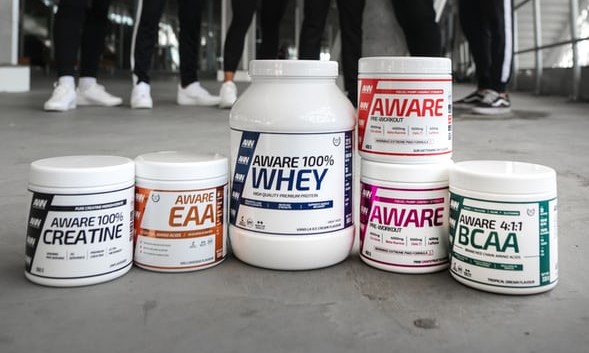
Nature has provided everything which is required to keep our body in good shape and unless there is an allergy to any specific kind of food, we are fit to eat anything which is good for maintenance of our systems. Yet, there are a plethora of nutritional supplements which have flooded the market and are sold as a guarantee to enhance performance which is not always true because there are multiple parameters which decides the performance out of which ability and hard work are among the most important of those. However, there are few supplementations which are actually beneficial as it is difficult to obtain them in recommended quantity through diet itself. But this is also a grey area where quite a lot of athletes fall for quick results and end up taking anabolic steroids which are deadly especially if overdosed.
Below is the list of few supplements which are beneficial if taken in prescribed quantity.
BCAA (Branched Chain Amino Acids):
Branched-chain amino acids (BCAAs) are a group of three essential amino acids: leucine, isoleucine and valine. BCAA supplements are commonly taken in order to boost muscle growth and enhance exercise performance. They may also help with weight loss and reduce fatigue after exercise. However, when consumed in large amounts it may lead to increased insulin resistance which can lead to type II diabetes.
Multivitamins:
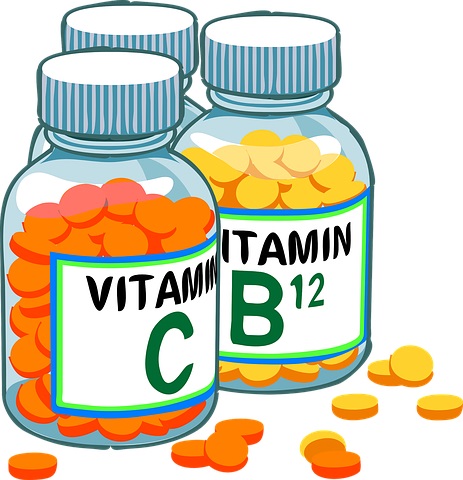
Vitamins are essential micronutrients which are required in our body in minute quantity for healthy working of our bodily systems like metabolism, nervous system, endocrine system etc. They can be classified as water soluble and fat soluble. Water soluble vitamins are excreted by the body if taken in large amounts and thus should be taken regularly as they are not stored if consumed in surplus.
However, fat soluble vitamins are to be taken in moderation as they can be stored in fat cells for further use and adding surplus amount of them may lead to hypervitaminosis which is toxic. Vitamin C, Vitamin B complex are example of water-soluble vitamins while Vitamin D, Vitamin E, Vitamin A, Vitamin K are fat soluble.
These vitamins are present in our diet but at times diet alone do not provide the required amount of vitamins in our body especially if the activity level is high. Thus, multivitamins in proper dosage can be taken in the form of vitamin supplements to give a boost to body and keeping deficiency disorders at bay. But the supplementation should be started and aborted only after discussion with our physician as excessive doses may lead to severe problems and if there is any underlying medical condition involved it is better to ask for professional help.
Creatine:
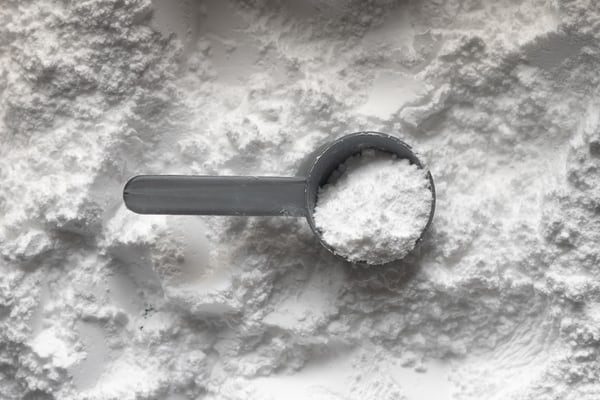
Creatine is naturally produced compound in our body from amino acids. It is the most popular supplement among athletes, body builders, and other endurance sports persons. Creatine is known to improve cell signalling which aids muscle repair, it improves cell hydration, reduce protein breakdown and aids speedy recovery, and lower myostatin levels and hence, promote muscle growth. It also slows down the process of aging and lower the risk of developing nervous disorders.
It can be consumed naturally through animal protein like meat and fish. However, creatine supplementation can be an easy and inexpensive way to get the most out of our body. It comes either in a power form or in the form of capsules which can be taken post play or post workout. Generally, it is a safe supplement for healthy individuals but it can cause bloating on high doses and may put the people with kidney disorders at risk. Thus, it should only be consumed on the prescription of an expert.
Omega III:

These are essential fats which are important component of cellular membranes. The three main omega-3 fatty acids are alpha-linolenic acid (ALA), eicosapentaenoic acid (EPA), and docosahexaenoic acid (DHA). ALA is naturally found mainly in plant oils such as canola and soyabean oils, flaxseeds, etc. while DHA and EPA are found in seafood.
They are quite popular along sports persons as they reduce muscle soreness and improve muscle recovery, reduces the level of triglycerides, they increase the delivery of oxygen to the muscles of the heart which reduces stress of heavy exercises on your heart, reduce the chances of arrythmia, and sudden cardiac arrests.
Thus, supplementing Omega 3 fatty acids is a big ‘yes’ as it adds a great value to our overall health and enhance performance by providing a shockproof environment in our body after a strenuous training. It is generally recommended for vegetarians or the people who doesn’t like sea food to supplement omega 3 fatty acids since all the three fatty acids are important for our body.
Protein:
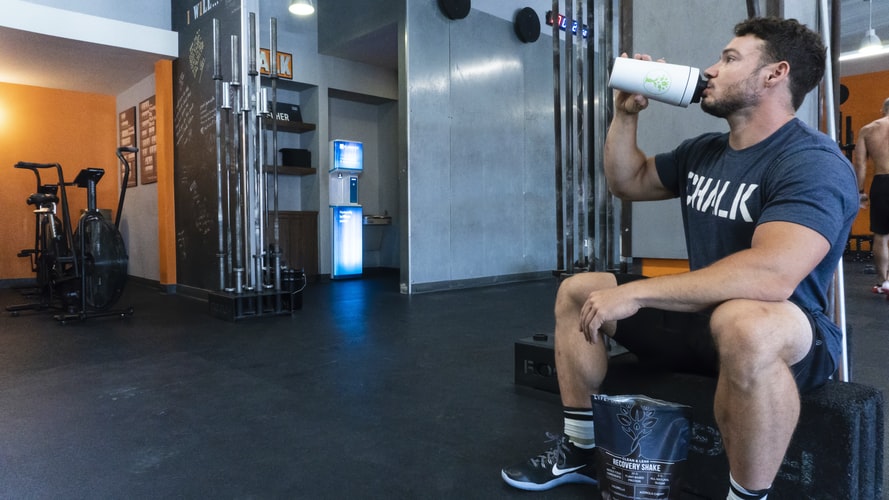
Proteins are highly complex substances that are present in all living organisms. It is the most important component of our body as excluding fat and water almost everything is made up of protein. From collagen in bones, enzymes, hair, nails, to skeletal muscles and internal organs everything is essentially made up of protein.
The daily recommended protein for maintenance is around 1 gm per kg of body weight for adults and it can go up to 2-3 gm per kg of body weight for those looking at body building and endurance sports which require lean muscle mass. It is sometimes difficult to consume recommended quantity of protein especially for vegetarians or those who want to add protein to their diet without adding unnecessary calories in the form of carbs and fats.
Protein supplementation can be in the form of plant-based pea protein or milk bases casein protein, but by far the most promising protein supplementation is in the form of whey protein which is known to consist all the essential amino acids and is fastest when comes to absorption and metabolism. It gives a boost to immunity by increasing glutathione levels which is produces by liver and help in tissue repair.
Whey protein is generally safe but few people suffering from lactose intolerance might witness nausea, lack of appetite, stomach pain etc after consuming whey. For those people either whey protein isolate is the way to go or they need to supplement any other protein which is not dairy based.
Healthy Advice
Supplementation quantity and decision to supplement is purely subjective and vary from person to person. But I would suggest that it is best to take a proper nutritious diet even if we have to make special efforts to match daily recommended value through our diet. Natural way is the best way as it reduces the risk of any potential side effects during the process of production of such supplements.
Supplementing on our own can be risky without taking any expert opinion because not everything works in the same way for each individual and personalized solution is important.
Would like to know more about sports nutrition. I am yoga practiner and want to know, what kind of nutrition should be taken to improve flexibility and core strength.
Supplementations such as protein, Vitamin C, and chondrotin are known to improve muscle, tendon, bone, and joint health. Chondrotin prevents the breakdown of cartilage are reduce pain sensitivity. You can eat foods rich in collagen and elastin. Food items like chicken, fish, citrus fruits, berries and tropical fruits, etc. are known to help natural production of collagen. On the other hand eating greens like broccoli, almonds, and walnuts are rich in elastin. Both these protein will help increase flexibility.